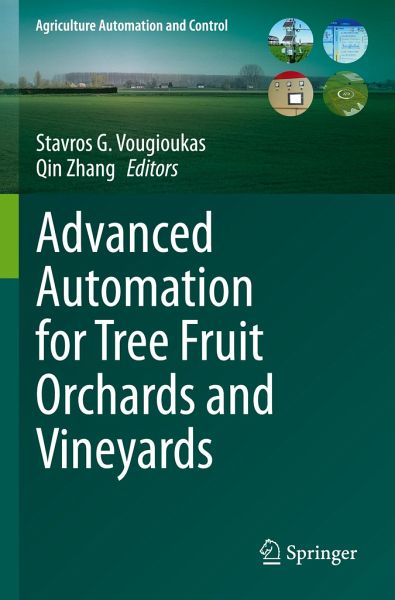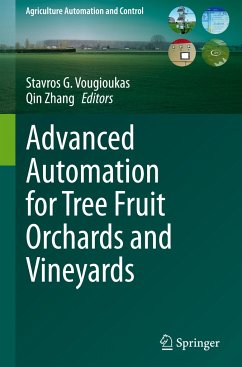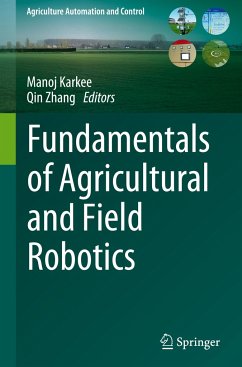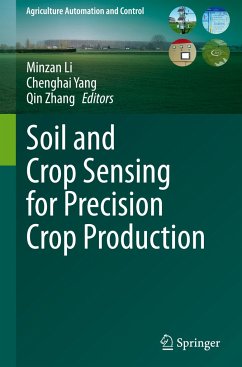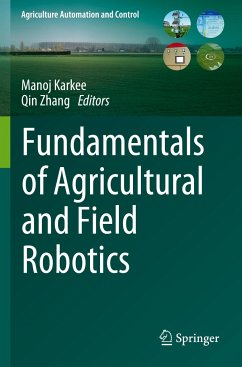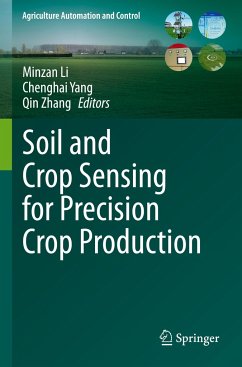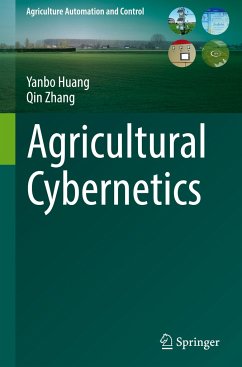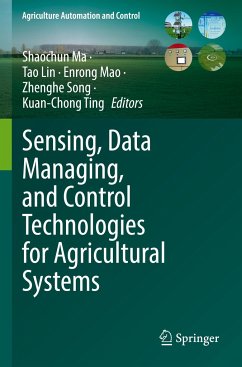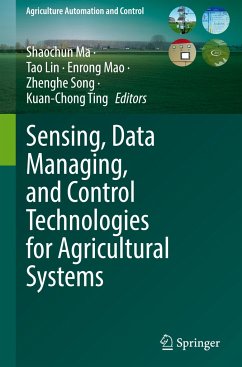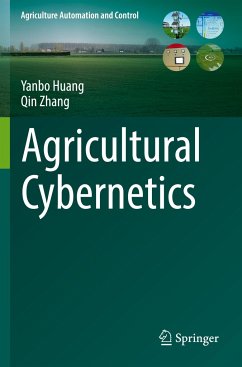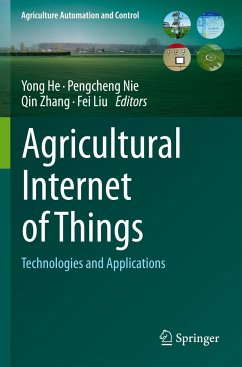Dr. Stavros G. Vougioukas is a Professor in the Department of Biological and Agricultural Engineering at the University of California, Davis. He received his Diploma in Electrical Engineering from Aristotle University, Greece. Under a Fulbright fellowship, he received an M.S. degree in Electrical and Computer Engineering from the State University of New York at Buffalo and a Ph.D. degree in Electrical, Computer, and Systems Engineering from Rensselaer Polytechnic Institute. Before joining UC Davis, he worked as a post-doctoral researcher at the Department of Industrial Engineering at the University of Parma, Italy, and as faculty at Aristotle University, Greece. At UC Davis, he teaches courses on engineering design, instrumentation and control, and agricultural robotics. His research interests lie in the areas of robotics, mechanization, and automation for agriculture, with an emphasis on labor-saving technologies for specialty crops. He is the Director of the Bio-Automation Lab and leads several research projects in the areas listed above with funding from federal agencies, grower commodity boards, and industry. He has authored or co-authored 50+ peer-reviewed journal articles and 90+ conference papers. He is currently serving as Associate Editor for the Biosystems Engineering journal and is a Senior member of the IEEE (Institute of Electrical and Electronics Engineers) and a member of the ASABE (American Society of Agricultural and Biological Engineers). Dr. Qin Zhang is the Director of the Center for Precision and Automated Agricultural Systems (CPAAS) and a Professor of Agricultural Automation in the Department of Biological Systems Engineering, Washington State University (WSU); and a Member of Washington State Academy of Science (WSAS). He received his B.S. degree in engineering from Zhejiang Agricultural University, China; M.S. degree from the University of Idaho and Ph.D. degree from the University of Illinois at Urbana-Champaign. His current research interests include agricultural cybernetics, agricultural mechanization and robotization, and mobile equipment mechatronics. Based on his research outcomes, he has authored/edited 11 books, written 28 separate book chapters, edited three conference proceedings, published 190+ peer reviewed journal articles, 60+ other peer reviewed articles, and been awarded 12 U.S. patents. He is currently serving as the Chair Editor for Computers and Electronics in Agriculture, and the Editor-in-Chief for the Springer Encyclopedia of Smart Agriculture Technologies. Dr. Qin Zhang has also been invited to give 20 keynote speeches and 36 invited talks at international professional conferences, plus numerous invited seminars and guest lectures at 60+ universities and research institutes worldwide. He has also given talks at more than a dozen major agricultural equipment manufacturers in the North/South America, Europe, and Asia. Dr. Qin Zhang is a Fellow of iAABE (International Academy of Agricultural and Biological Engineering) and ASABE (American Society of Agricultural and Biological Engineers), an Honorary Vice President of CIGR (International Commission of Agricultural and Biological Engineering), a Full Member of the Club of Bologna (a World Task-force on the Strategies for the Development of Agricultural Mechanization), and is serving or served as a guest or an adjunct professor for nine universities in different countries. He has received several awards and honors over the years, featured by John Deere Gold Medal, a major award to agricultural and biological engineers for distinguished achievement in the application of science and art to the soil in 2017.
